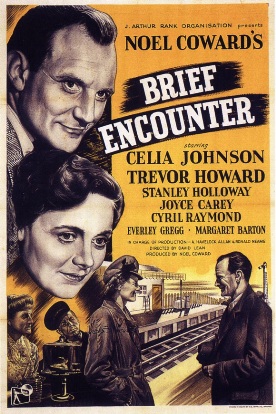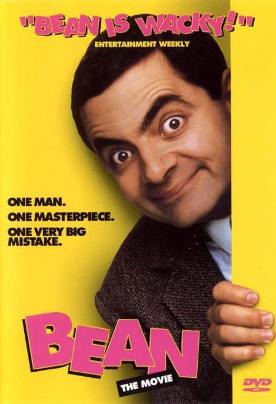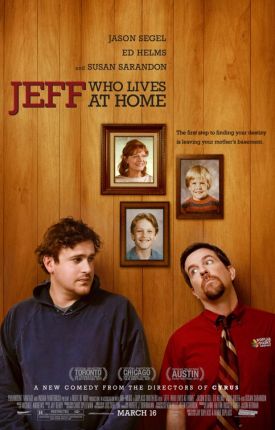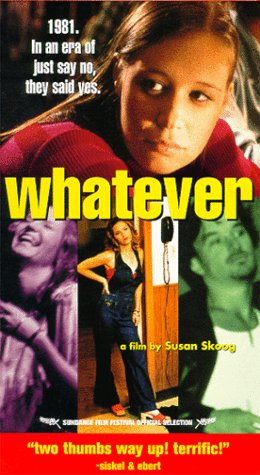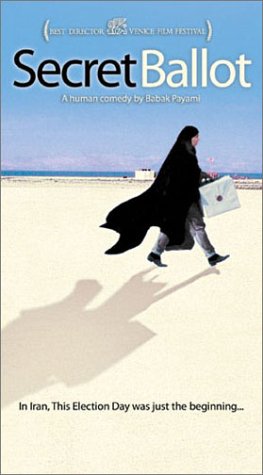Deep End of the Ocean, The
You can see why the novel The Deep End of the Ocean by Jacqueline Mitchard made such a hit as the first selection of the Oprah book club and why its film version, directed by Ulu Grosbard from a script by Stephen Schiff, will doubtless be the chick flick of the season. There’s a child in jeopardy, a grief-stricken mother, a marriage in trouble because of the loss but also because of what they now call a “controlling” husband and, finally, a touching reunion of mother and child—as well as brother and brother—after seemingly irreparable loss. The film is actually quite a good example of its kind, with often appealing performances by Michelle Pfeiffer as the bereaved mother, Treat Williams as her sympathetic but too-masculine husband and Ryan Merriman and Jonathan Jackson as the two boys. Yet like so many others of its kind it ultimately fails because of its over-eagerness to make us feel good.
The story, as many readers will know, has to do with the kidnaping of three-year-old Ben Cappadora by a mentally unbalanced high school classmate of his mother, Beth (Miss Pfeiffer). When no more is heard of Ben, it is assumed that he is dead, and Beth goes all to pieces, seriously neglecting her other two children, Vincent, aged seven, and baby Carrie. Nine years pass. One day, a neighbor boy knocks on the door to ask if the Cappadoras need their lawn mowed. Beth immediately recognizes him as Ben, though he is now named Sam (Mr Merriman) and living with a man he calls his father. His supposed mother has committed suicide five years previously. Her husband, now widower, had married the woman without knowing that the boy she called Sam was the kidnaped Ben, and had been an affectionate father to him. The Cappadoras naturally want to claim their son; his stepfather naturally wants to keep him.
This is really two stories, not one, and the movie never quite gets over that doubleness. The first half, which recounts the kidnaping and the family’s reaction to it (though they don’t even know that it is a kidnaping, as Ben just disappears) is very well done, apart from the presence of Whoopi Goldberg (who must have a contract that gives her an option to play some similar part in every chick flick made) as a sympathetic lesbian detective. Why lesbian? What is the relevance of her sexuality here? One suspects a bit of image-enhancement gratuitously attached to a child-in-jeopardy film. No diesel-dyke she! But even this is not too disruptive of the emotional edge the filmmakers are able to give to the family’s anguish. It is when Ben reappears as Sam that they run into trouble. The fact that we have been so centered on Beth up to this point makes it difficult to refocus on the child, and Schiff and Grosbard do not help us enough to do so.
For one thing, the man Sam has always known as his father is almost written out of the picture—and he goes quietly. We see him two or three times as a decent sort, wanting to do the right thing but obviously deeply attached to the boy. Sam returns this affection and, for a short time, when he is briefly fed up with the Cappadoras, returns to him. But by the time of the inevitably uplifting ending this man has simply faded from the picture. Even more seriously, Ben/Sam never really persuades us that he is torn, as he must be, let alone “the saddest boy in the world,” as his stepfather says. His transition from one family to the other is too apparently untroubled, and it ends without the sense of any great obstacle overcome.
Most seriously of all, the pain of Vincent (Mr Jackson), who at 16 still blames his seven-year-old self for losing the little brother who had been momentarily entrusted to his care, is hardly explored at all. We are meant simply to take it for granted that he is “acting out” by stealing cars and getting into trouble, and that Ben/Sam has a wonderful sort-of absolution to give which will (presumably) put him straight again. It is all too pat, too easy, too hastily wrapped up in a formulaic ending. Not that that will matter very much to most of those blown into the cinema to see it by Oprah.
Discover more from James Bowman
Subscribe to get the latest posts to your email.


